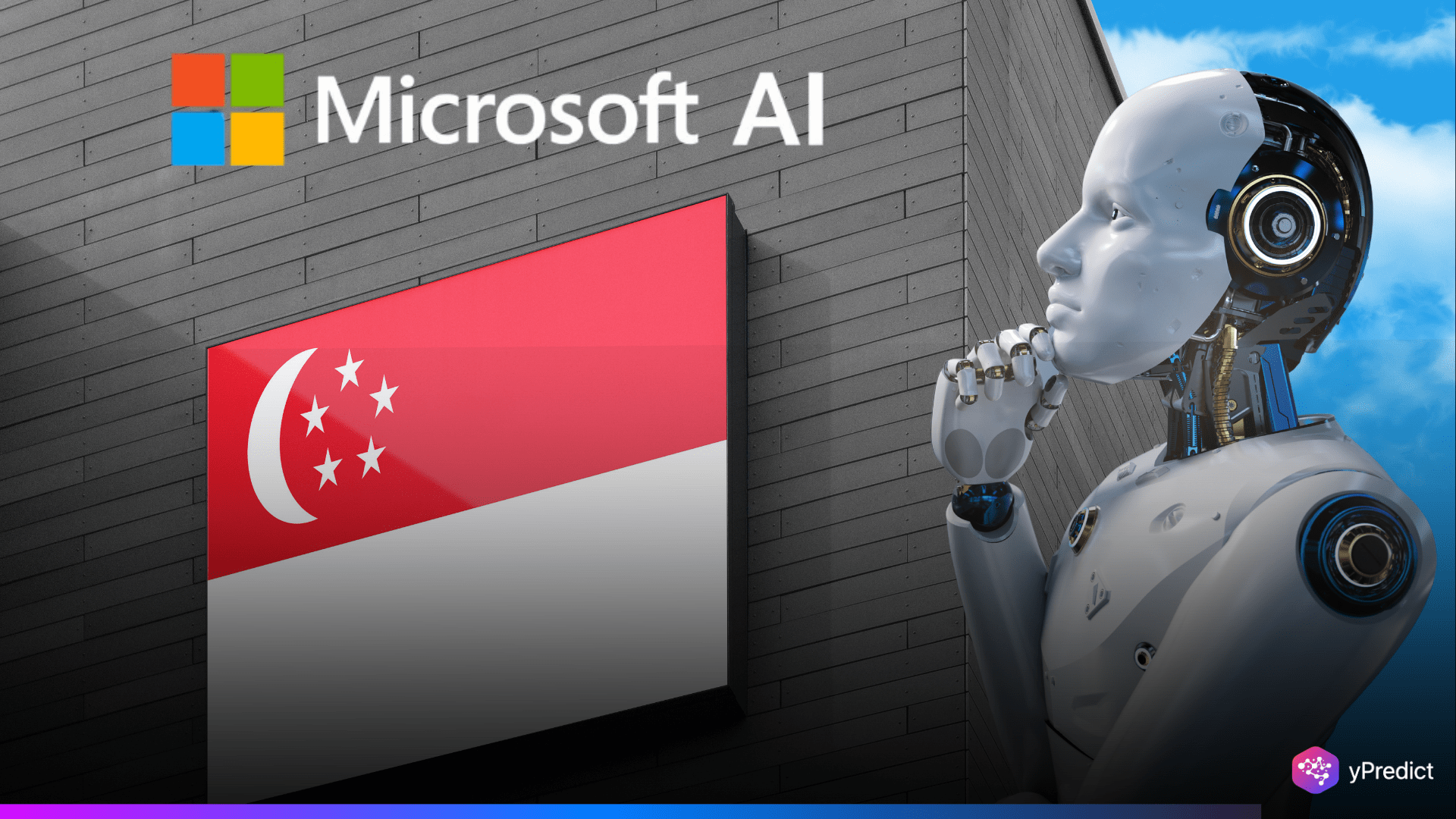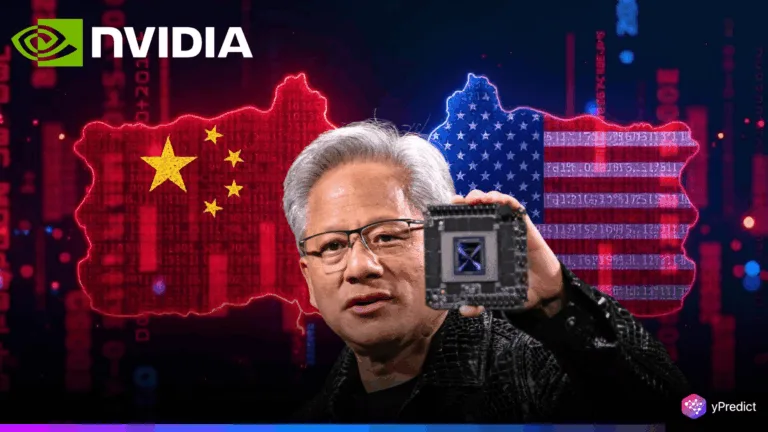
Singapore is leading the charge in AI-driven transformation, as new data from Microsoft’s 2025 Work Trend Index shows the emergence of “Frontier Firms”—organizations powered by hybrid teams of humans and intelligent agents—reshaping the future of work across the city-state.
AI Agents Step In to Bridge a Growing Capacity Crisis
The report highlights a significant capacity crunch in Singapore’s workforce. While 58% of leaders say productivity must rise, a staggering 81% of employees and managers admit they lack the time or energy to meet work demands. On average, workers are interrupted every two minutes, underscoring the urgency for solutions that enhance efficiency.
Microsoft’s data reveals that 82% of Singapore’s business leaders are already confident in deploying AI agents to expand workforce capabilities within 12–18 months. These agents, capable of reasoning, planning, and acting, are set to revolutionize operations by providing always-on, scalable, and intelligent digital labor.
Singapore Ahead of the Curve in Building “Frontier Firms”
More than half of Singapore’s leaders (56%) are already automating workstreams or business processes using AI—10% above the global average. Companies are increasingly relying on agents not to replace workers, but to enhance human capabilities with 24/7 support (39%), speed and quality (30%), and creativity (27%).
Microsoft identifies this trend as the foundation of a new organizational model—“Work Charts”—where teams form dynamically around outcomes rather than rigid departments. These flexible structures are hallmarks of the Frontier Firm, which moves faster, innovates more, and thrives in complex environments.
Upskilling and Agent Management Now a Leadership Priority
According to Microsoft ASEAN President Andrea Della Mattea, 80% of Singapore leaders are preparing for this AI future by planning to create new AI-centric roles—such as agent trainers and AI workforce managers. Nearly half (47%) say upskilling is now a top priority.
This new model envisions every employee becoming an “agent boss,” skillfully managing and delegating to digital agents. Yet a gap remains: while 80% of leaders are highly familiar with AI agents, only 41% of employees share that confidence. To close this divide, 51% of managers expect AI training to become a core responsibility by 2030.
Conclusion
With AI adoption accelerating, the Frontier Firm model is poised to become the norm—replacing traditional hierarchies with flexible, outcome-focused teams powered by human-agent collaboration. As businesses reimagine their operating models, Singapore is set to lead Asia’s next wave of workforce innovation.






